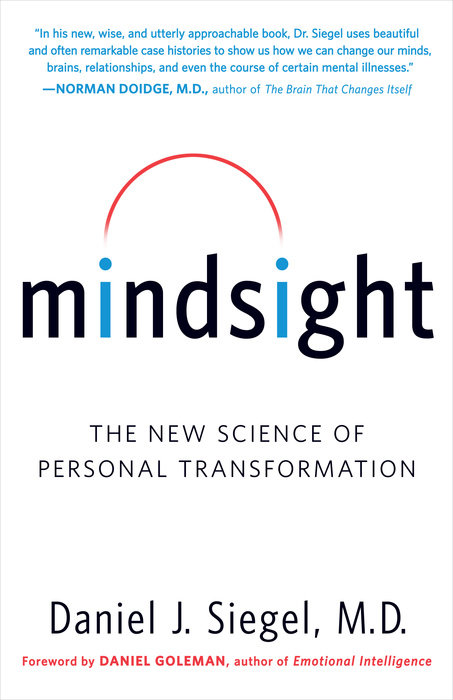An Introduction to Neuropsychology
As neuroscience, the scientific study of the nervous system, has revolutionized understanding of how the brain works, the implications for the understanding of our minds are immense. Tapping into this revolution, neuropsychology holds that as the brain has enormous capacity for healing and learning, thus does the mind. The job of the neuropsychologist is to help us to identify and build upon the strengths we possess no matter what neurological challenges we face.
What is the difference between a psychologist, a neuropsychologist, and a neurologist?
Psychology is concerned with the relationship between our minds and our behavior. There are many approaches to psychology; some examples include psychoanalysis, cognitive behavioral therapy, and social psychology.
As a subset of psychology, neuropsychology focuses specifically on how the brain and nervous system affect our mental functions and how we conduct ourselves. It is different from neurology in that neurologists are medical doctors who diagnose disorders in the brain and nervous system. Neurologists may also treat people for conditions that affect the brain such as Parkinson’s disease, stroke, or epilepsy.
Beyond the diagnosis, neuropsychologists seek to understand how neurological conditions affect various abilities such as memory, motor skills, language proficiency, and problem-solving.
Why does does a neuropsychologist do?
A neurologist or other healthcare professional may refer a patient to a neuropsychologist to assess their emotional or cognitive status. Some conditions that a neuropsychologist might look at include:
- short-term memory loss
- confusion
- excessive distraction and inability to concentrate
- new difficulties with tasks such as managing finances
- difficulty finding words
- hallucinations
- problems with losing things
- personality changes
- remembering faces or places that you once knew well
The neuropsychologist will administer a test or evaluation that can establish a baseline from which to monitor changes caused by disease, for example, or an upcoming surgery, or even aging. The evaluation becomes the basis for a therapeutic plan that might use identified strengths to improve areas of weakness. It can also be used as a tool for making lifestyle decisions and choices in regard to work and school.
What is a neuropsychological test or evaluation?
A neuropsychological evaluation has several aspects. The neuropsychologist will first review the medical records and then interview the patient. In some cases, with the patient’s permission, the neuropsychologist will also interview family members or others who are familiar with the patient and whose perspective and perceptions would be helpful.
The neuropsychological examination may be done orally, with pencil and paper, or on a computer; often it is a combination of all these methods. It could include a series of tasks involving manipulating objects by hand, or tests to assess how your vision and hearing are affecting your cognitive abilities. The tests are designed to evaluate motor function, perception, problem-solving ability, verbal skills, and capacity to understand, learn, and remember.
What disorders do neuropsychologists treat?
Neuropsychologists treat the impacts on brain function caused by many different medical conditions and in people from babies to elders.
The medical disorders that neuropsychologists typically address range from cancer and stroke to multiple sclerosis and Alzheimer’s disease. In addition, neuropsychologists may treat cognitive problems stemming from non-neurologic conditions such as kidney, heart, and lung diseases, as well those of the endocrine and digestive systems.
Athletes and others who have experienced concussion and traumatic brain injuries may benefit from neuropsychological assessment and a treatment plan.
Neuropsychologists can administer a test known as the Mini-Mental State Examination (MMSE) to assess a person for dementia. The maximum score on the exam, which tests a variety of cognitive functions, is 30 points. Though it is not intended to be the definitive diagnostic of dementia, the test does serve to indicate the severity of any cognitive impairment a person may exhibit.
Neuropsychologists can also help people with neurodiverse conditions such as ADHD, autism, and synesthesia. People with misophonia, a strong negative reaction to certain sounds, can be treated by neuropsychologists to help them to understand what is happening and respond more skillfully to potential triggers.
Even for plain old garden variety stress, the principles of neuropsychology can help us without our knowing it. Research has shown that caring for pets actually rewires our brains, stimulating the production of chemicals that relax and make us happier. Extended periods of petting a dog, for example, release serotonin and dopamine in our brains. The one helps with mood, social skills, and memory; the other rewards us with pleasure. A neuropsychologist can help identify many actions like pet therapy for coping with health conditions or mental disorders.
You Might Also Like Our Content on These Topics: Neuroscience, Neurodiversity, Neuroplasticity











